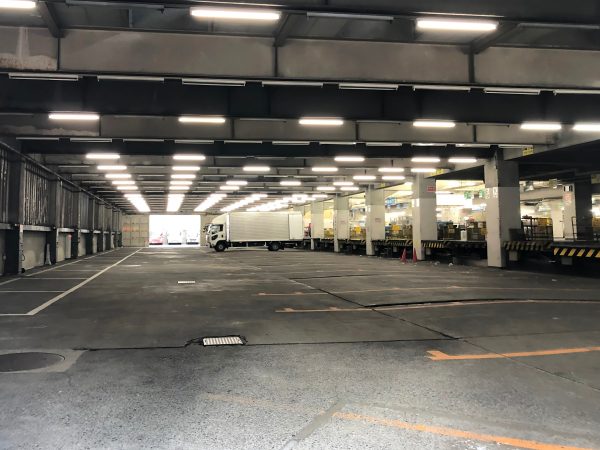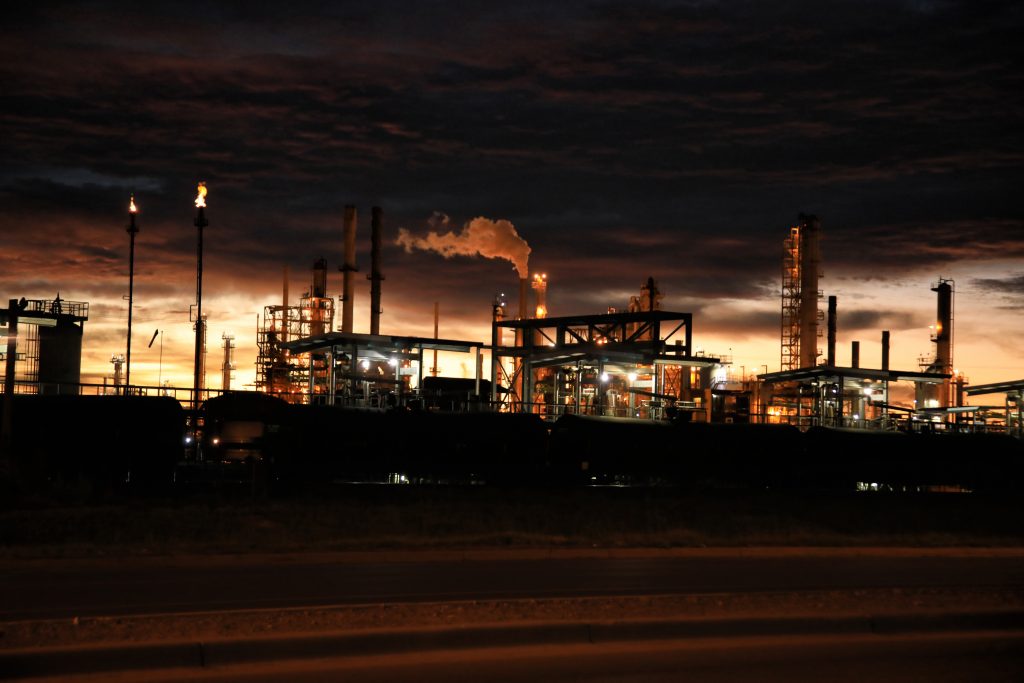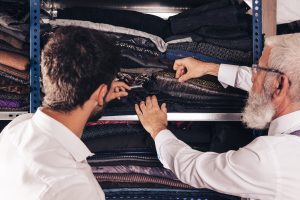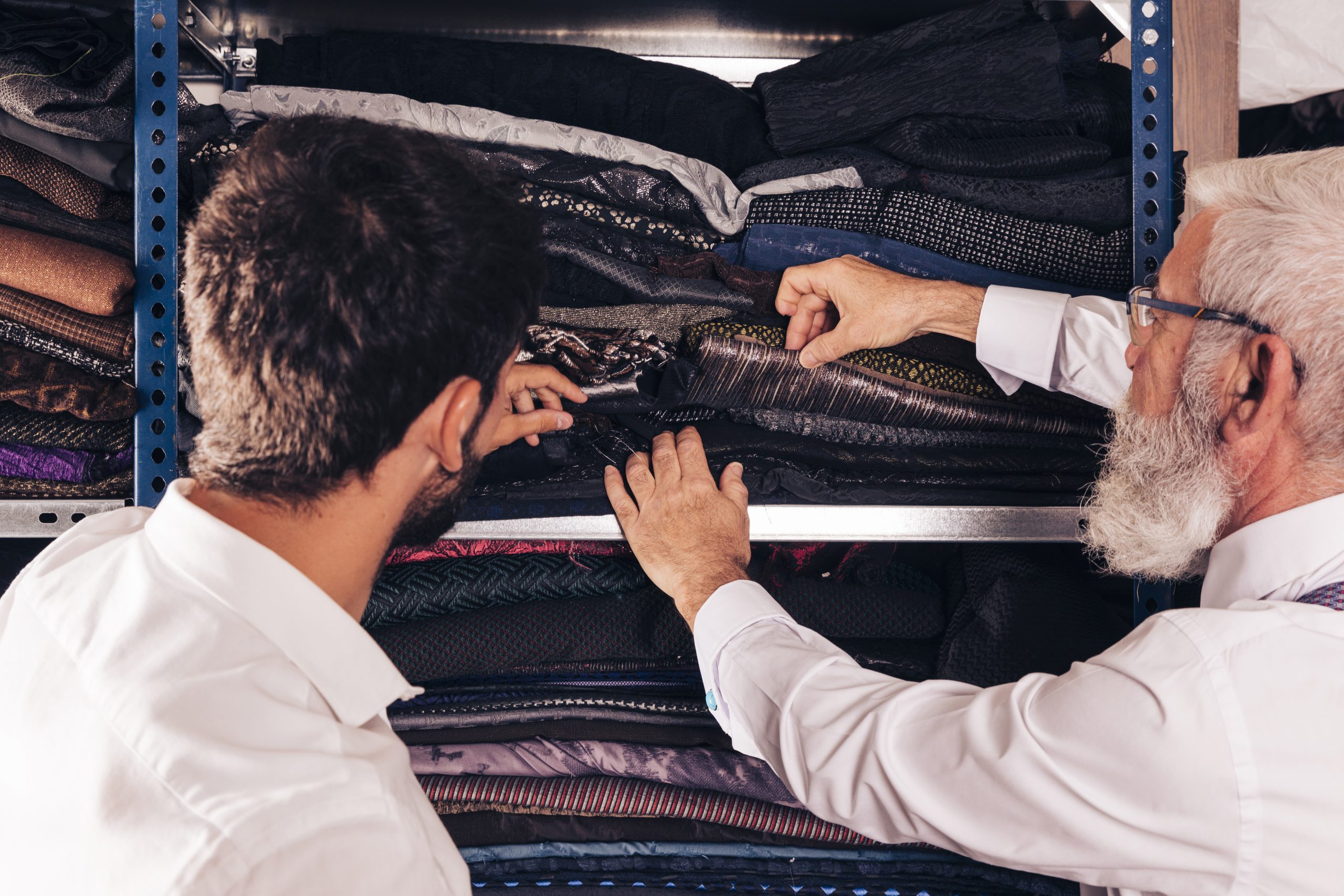Working in imports/exports in the US is an exciting industry — as it’s growing more year over year. That being said, competition is always lurking around the corner, so it’s critical that importing/exporting organizations do what they can to ensure they’re keeping costs down and taking advantage of regulations that may favor them.
“You can’t look at the competition and say you’re going to do better. You have to look at the competition and say you’re going to do it differently.”
Steve Jobs
Foreign Trade Zones are an example of a regulatory asset to be employed if possible. Today, we’ll be covering the basics of what they are and how they help orgs! The FTZ program was enacted in 1934. So, the bad news? You might be a bit late to the game. The good news? There’s still a lot to benefit from. Keep reading to learn more!
What is a Foreign Trade Zone?
Foreign Trade Zones (FTZ) are areas that are under the supervision of US Customs and Border Protection (CBP) that are initially outside of US territory. As CBP puts it themselves: they are the US version of international Free Trade Zones. Today, there are about 290 zones and 500 subzones approved by CBP.
Commercial goods are allowed to move into designated FTZs for operations, storage, assembly, processing, etc. These zones are subject to any applicable US regulations. The benefit here is that the typical formal entry process required by CBP is not required for the goods — including any fees and duties.

Why would I want to take advantage of Foreign Trade Zones as an importer?
The major advantage to mention here is that duties and taxes (where applicable) are only paid once the commercial goods are transported for consumption. While the goods are in the FTZ (being processed, manufactured, stored, etc.) there are no duties or taxes to be paid.
If you’re in the business of exporting as well as importing, the goods that are exported from the FTZ will be free from any duties and taxes.
The CBP security requirements for the management/storage of your commercial goods provides significant protection against theft.
The commercial goods can actually stay in the zone indefinitely, even in a situation in which they are subject to certain duties.
Paying for duties on raw materials only after they’ve been processed/manufactured into goods. This means the duties and taxes to be paid don’t include any of the scraps or waste.

“Manufacturing is more than just putting parts together. It’s coming up with ideas, testing principles, and perfecting the engineering. And then final assembly.”
James Dyson
Participating in using an FTZ essentially requires organizations to track inventory as closely as possible. This means that the org will experience an easier time complying with regulations and overall quality control.
Check out our Guide to Importing Into the USA.
—-
To reap the benefits of a FTZ, organizations need to be in a position to be very stringent about their record keeping; from inventory, to manufacturing orders, material sources, and goods classification. Of course, the amount a company can save by using a FTZ depends on their business model, but in most cases, reducing manufacturing and storage process fees can be a healthy chunk of change!
If you have any questions about FTZ regulations, or any other regulations that may have an impact on your importing business, it may be a good idea to contact a broker. At Clearit, we are totally obsessed with compliance. So much so that we are now experts! Starting a conversation with us is easy. Click here to learn more.






